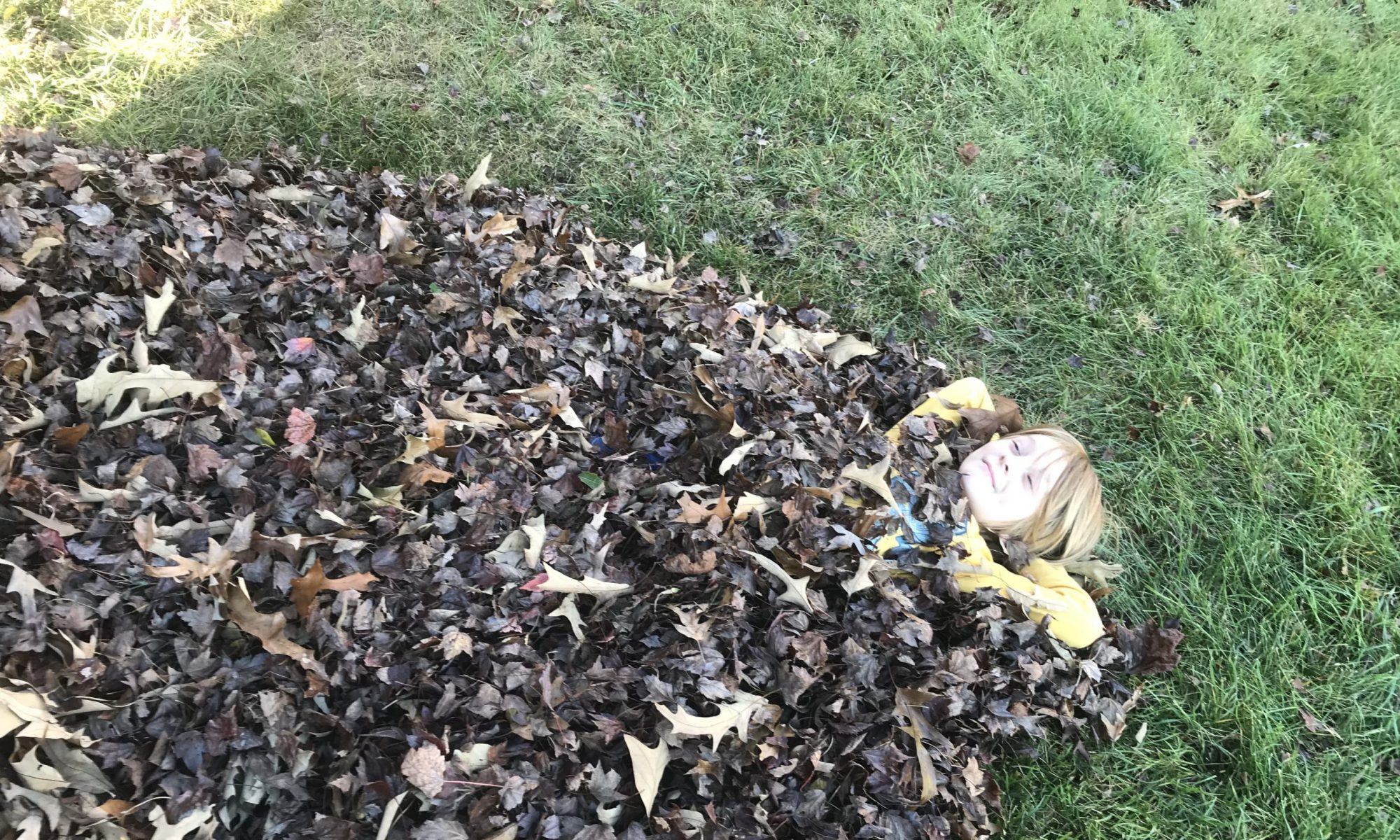After what seems like a solid month of record breaking hot, dry summer days, Mother Nature finally graced us with some cooler, damp weather. Although some might have preferred this break not happen on a weekend, the change actually worked right into our plans to tour Thomas Jefferson’s Monticello the past Saturday. Our good friends, Dave “D-Ray” and Vanya Conner, came up from Virginia Beach to spend the weekend and Monticello was on our to-do list.
Last summer’s trips up Mr. Jefferson’s mountain were on hot days in a season with normal precipitation. The gardens were beautiful but the temperature was too warm to tempt us to linger and enjoy them. Saturday was the odd wet day in the midst of a very dry season. The gardens were in rough shape from the heat and lack of rain, but we took the garden tour anyway.
Thomas Jefferson, as it turns out, was quite the experimental gardener. His beds were planted with not only tried and true vegetables and herbs but also with varieties that he’d found in Europe. The same was true for the trees and shrubs he planted. He wasn’t always successful; some plants are just not suited to the climate here in the mountains of Virginia. Ironically, Mr. Jefferson was the first to attempt to cultivate wine grapes in this area. Although he was unsuccessful, two hundred years later, other viticulture pioneers tried again, succeeded and created a whole new industry for the state. This notion of accepting failure as a part of the gardening process struck a chord with me. All summer I’ve been watching my poor plants struggle in the heat and sun, second guessing myself as to the choice of plant placement; i.e. are my shade areas really shady enough for shade loving plants? If trial and failure was good enough for Thomas Jefferson, I suppose it’s good enough for me.
Something else to ponder…. This morning as I scanned my Flipages, I came across an article concerning the record breaking shrinkage of the Greenlandic icecap this July. Seen as a direct result of global warming, the Twenty First century view of this is that the waning of the glacier is a bad thing. If you go back in time to the fifteenth century when the Norse colonies on Greenland which had been thriving for nearly five hundred years were struggling to stay viable due to the global cooling and the growing icecap, news of this shrinkage would be welcomed. Perspective changes everything, doesn’t it?
